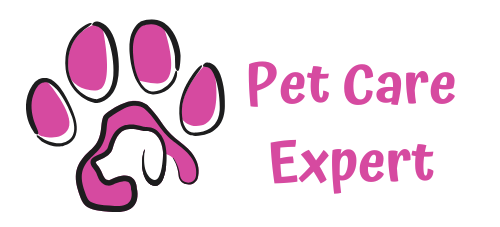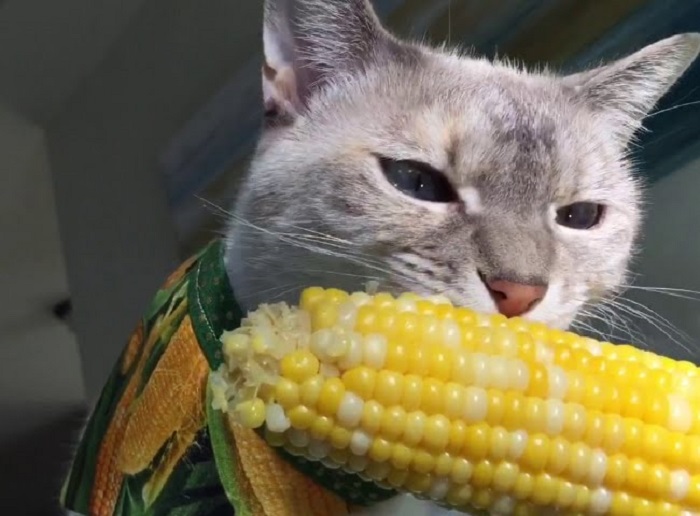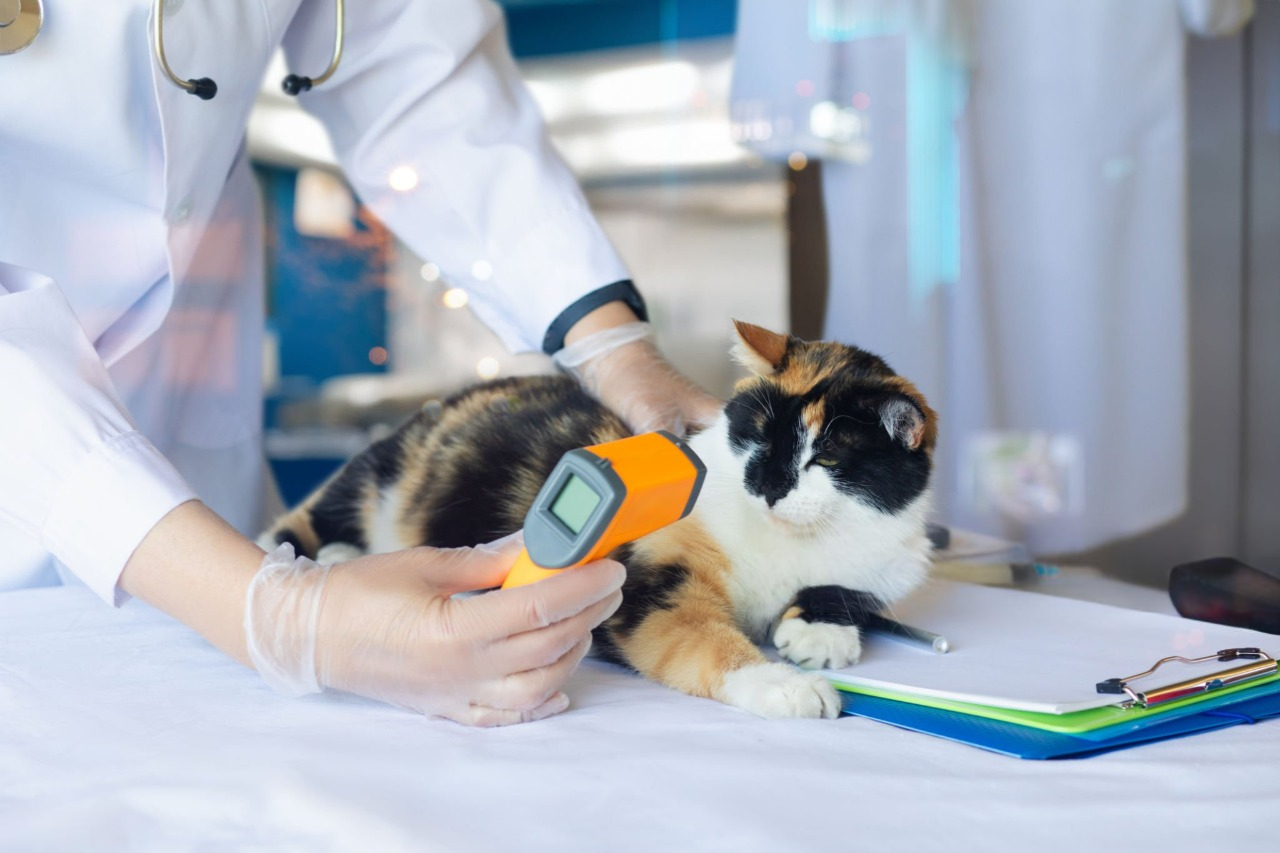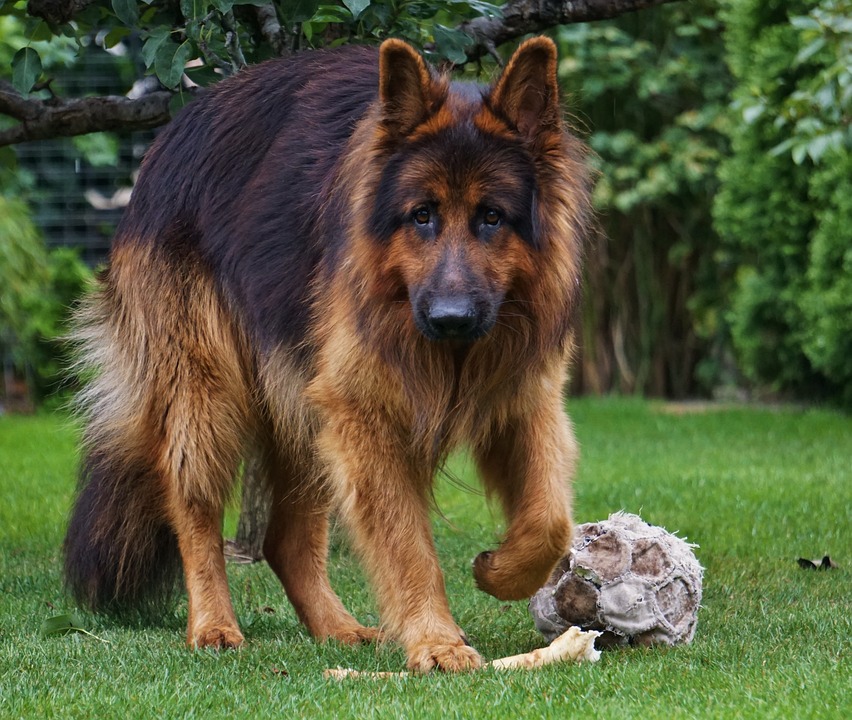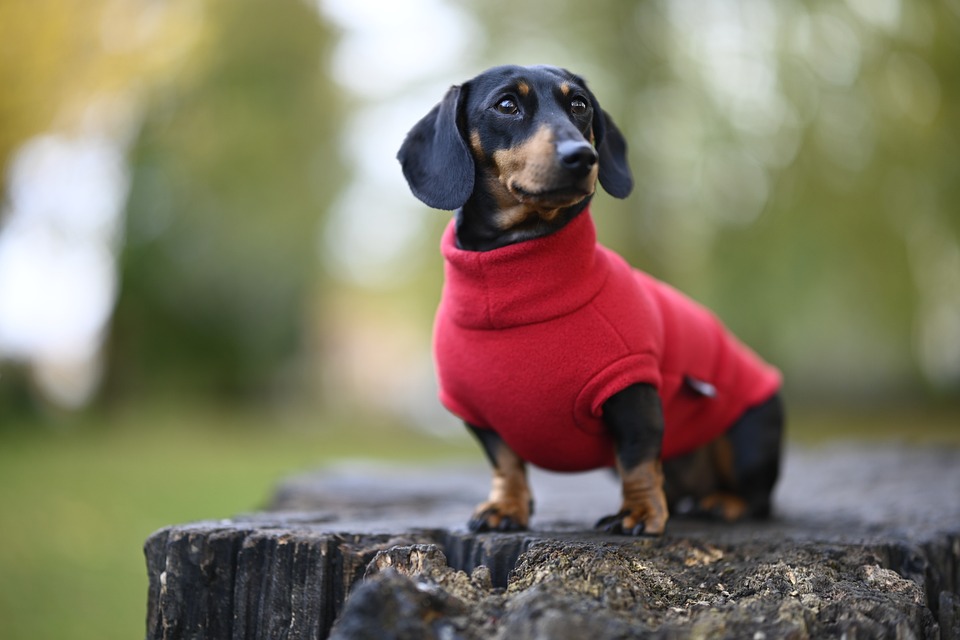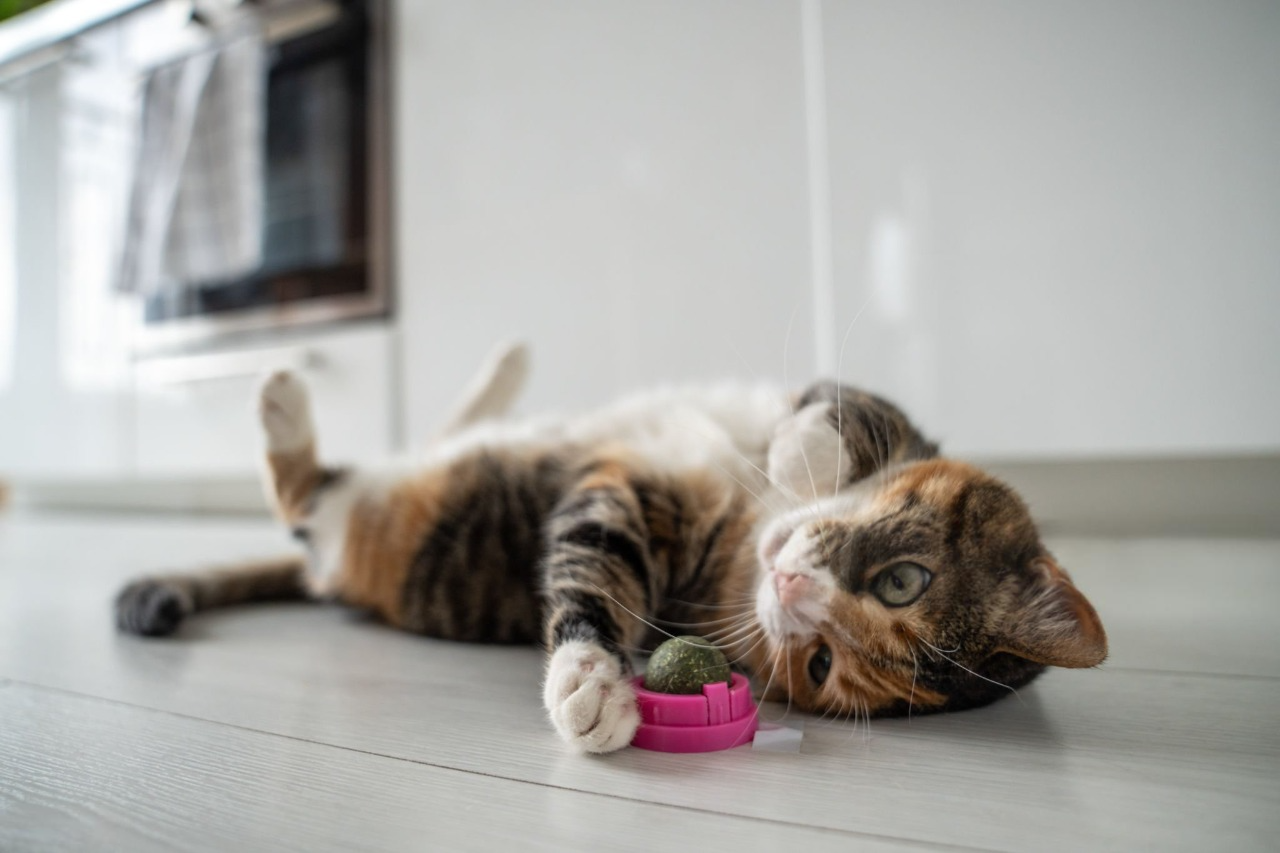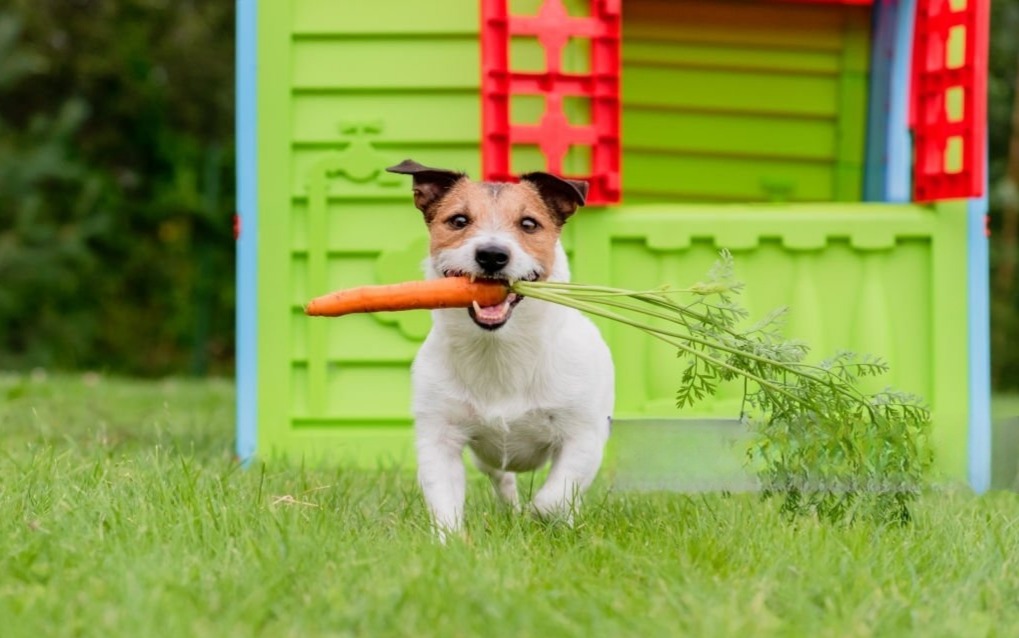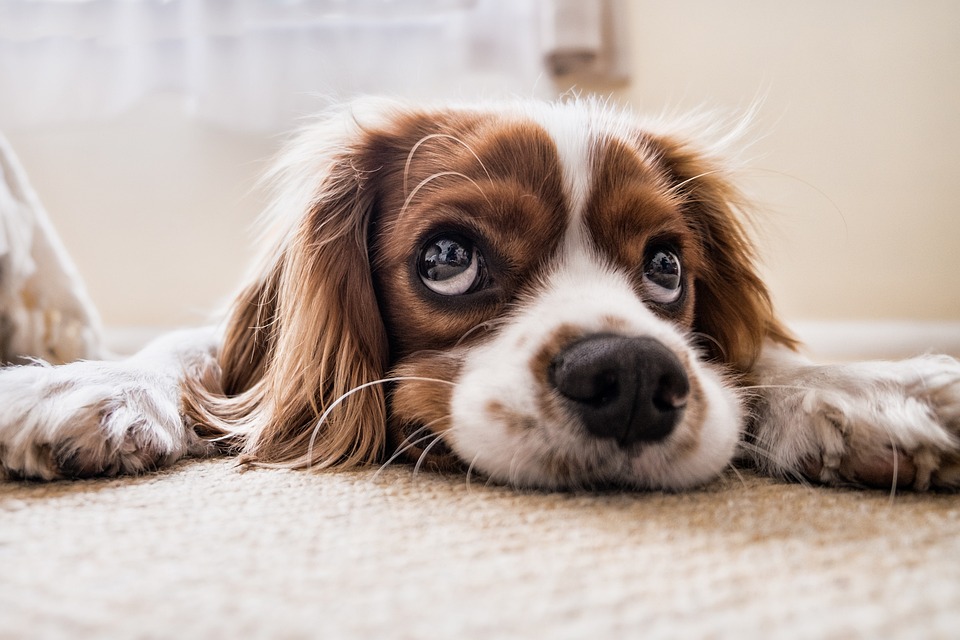Can Cats Eat Corn? Everything You Need to Know
As natural hunters, cats are obligate carnivores, which means they primarily thrive on a meat-based diet. But if you’ve ever wondered whether it’s okay for your cat to eat corn, you’re not alone. While cats can technically eat corn, there are a few important things to consider before you share this treat with your feline friend.
Is Corn Safe for Cats?
Corn is often included in commercial cat foods, and in moderation, it is generally safe for cats to consume. It provides carbohydrates, essential fatty acids like linoleic acid, and even a small amount of protein. However, corn should not be the main ingredient in your cat’s diet. Cats require a meat-based diet, and while corn may be a supplementary ingredient, it should never replace animal-based proteins that are essential for your cat’s health.
Cats Are Obligate Carnivores
Cats are obligate carnivores, which means they need animal protein to meet their nutritional needs. They require certain nutrients, like taurine, that are only found in animal-based products. While corn can be included in their food for additional energy and fiber, it does not provide the essential proteins and nutrients that a meat-based diet offers.
How to Feed Corn to Your Cat Safely
If you want to offer your cat a little corn as a treat, it’s best to limit the amount and avoid making it a regular part of their diet. Here are some guidelines to follow:
- Limit portion size: Give only a few kernels of cooked corn as a treat.
- Avoid additives: Never give your cat corn with butter, salt, or spices. These can upset your cat’s stomach and even lead to health problems.
- No corn cobs or husks: Do not let your cat chew on corn cobs or husks, as they can cause gastrointestinal blockages, which may require surgery.
Potential Risks of Feeding Corn to Cats
While most cats will tolerate corn in small amounts, there are some risks to be aware of:
- Digestive issues: Cats may have trouble digesting corn due to their meat-centric digestive systems. This could lead to vomiting, diarrhea, or undigested kernels in their stool.
- Food allergies: Although rare, some cats may develop allergies to corn, leading to skin irritations or digestive upset.
- Obesity: Corn is starchy and can contribute to weight gain if fed in excess. Obesity in cats is linked to several chronic health conditions, including diabetes and arthritis.
- Toxicity risks: If corn is prepared with garlic, onions, or other toxic ingredients, it can be harmful to your cat. Always offer plain, unsalted corn.
- Exacerbating health conditions: If your cat has any chronic conditions like diabetes, always check with your vet before offering corn or any other new foods.
Healthier Alternatives to Corn for Cats
If you’re looking for a treat that’s healthier for your cat, consider these alternatives:
- Lean, cooked meats (chicken, turkey, or fish like salmon)
- Cooked eggs
- Pumpkin or sweet potatoes
- Bananas, strawberries, or blueberries
- Steamed vegetables like peas or broccoli
These treats are much more aligned with a cat’s nutritional needs and can provide your pet with vitamins and nutrients without the risks associated with corn.
Commercial Cat Treats
Another option is to use commercial cat treats that are specifically formulated to meet your cat’s dietary requirements. These treats are often a better choice than human food and are designed to be nutritionally balanced.
Conclusion: Corn as Part of a Balanced Diet
In conclusion, corn is generally safe for cats when fed occasionally in small amounts. It is a common ingredient in commercial cat foods and can be a beneficial addition in moderation. However, remember that your cat’s primary diet should always be meat-based, as this is essential to their overall health. Always consult with your vet before introducing new foods to your cat’s diet, especially if they have any underlying health conditions.
Feeding your cat a balanced diet that focuses on their nutritional needs is the best way to ensure they live a healthy, happy life. Whether you decide to share corn with your cat or opt for other treats, be sure to do so responsibly and in moderation.
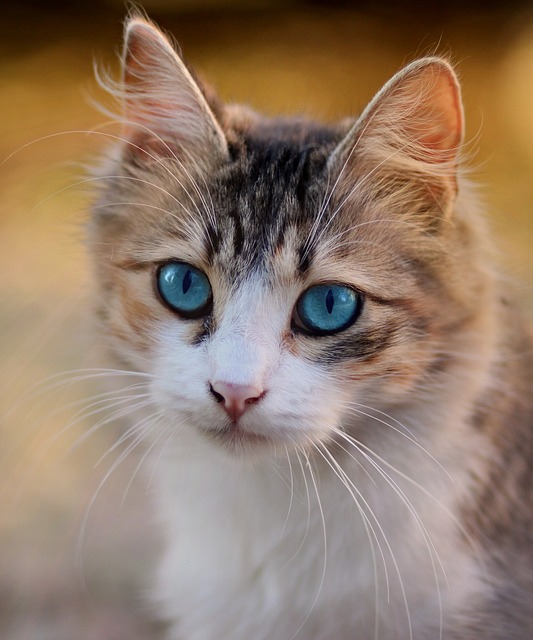
“A blog for pet lovers” is a dedicated space where animal enthusiasts can explore tips, stories, and expert advice on pet care, training, health, and more. Whether you’re a dog person, a cat lover, or someone who adores all animals, this blog offers a warm and engaging community for you to connect, learn, and celebrate the joy of having pets…
